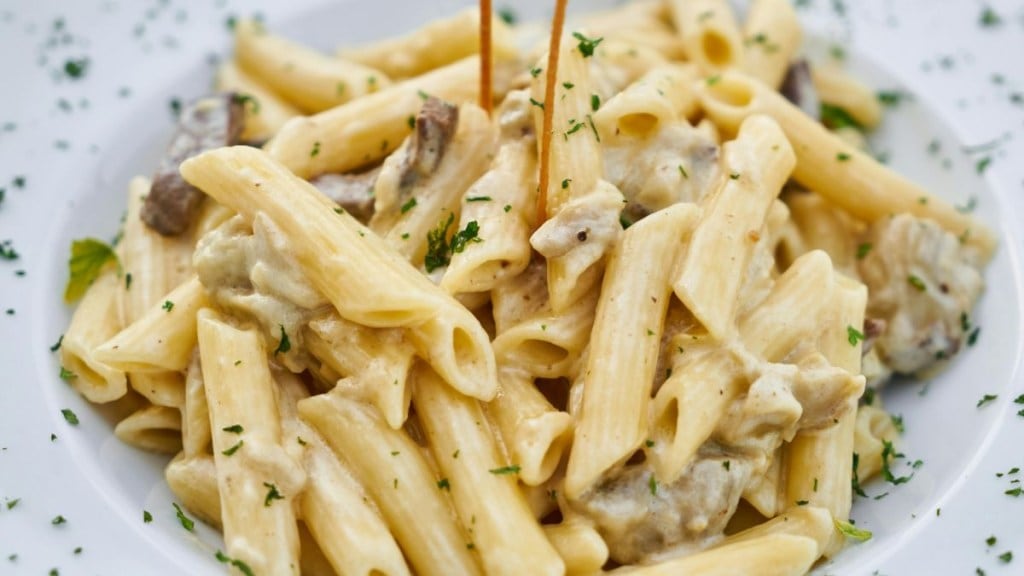A health warning has been issued against ready-to-eat pasta meals sold at Walmart and Trader Joe’s stores due to possible contamination with Listeria bacteria. The US Department of Agriculture has urged consumers not to consume the meals. Four people were killed and at least 20 fell sick in the listeria outbreak earlier, which led to a large recall.
USDA’s Food Safety and Inspection Service (FSIS) on Thursday issued a public health alert for Marketside Linguine with Beef Meatballs & Marinara Sauce sold at Walmart in refrigerated 12-ounce clear plastic trays. Since the products have best-by dates of September 22 through October 1, there is a chance of people still storing them in the refrigerator.
Walmart and Trader Joe’s have removed the said products from the stores and are investigating the matter. “We are issuing this guidance in an abundance of caution because testing of another brand with a shared ingredient source indicated this product may have the potential to be contaminated with Listeria monocytogenes,” Trader Joe’s said on its website.
Trader Joe’s also said there have been no positive Listeria tests for their recalled product so far.
What is listeriosis?
Listeria monocytogenes are often found in foods prepared or packaged in unsanitary conditions, which may lead to contamination. Eating such food could cause a disease called listeriosis, a kind of food poisoning, which can especially be dangerous for pregnant women, elderly, or those with a weakened immune system, according to the CDC.
The bacteria can be found in soil, water, sewage, rotting vegetation, and animals, and can also grow in foods under refrigeration, as per US FDA.
Environmental factors play a big role in listeria outbreaks as the bacteria is generally transmitted while the food is being processed, prepared, packed, transported, or stored in environments contaminated with L. monocytogenes. In some cases, pets can also spread the bacteria in the home if they eat food contaminated with the deadly bacteria.
Symptoms of listeriosis
Listeriosis can be treated with the help of antibiotics, and in general causes mild symptoms. However, in rare cases, especially those in vulnerable population, can cause deadly complications.
According to Cleveland Clinic, listeria symptoms include fever, chills, headache, diarrhea, nausea, vomiting, muscle pain, joint pain, and fatigue. Pregnant women should be extra careful as they put their unborn child at risk by passing on the infection.
The serious complications of listeriosis include:
Inflammation of heart, bones, or the lining of your abdominal organs
Inflammation in brain and spinal cord (encephalitis) or their lining (meningitis)
Miscarriage, stillbirth or preterm birth
Pneumonia
Sepsis, a severe reaction to an infection that causes organ damage
Septicemia, bacteria multiplying in your blood and spreading to other parts of your body
Urinary tract infections
Death
Children born with listeriosis or those who get an infection that spreads to the brain or causes sepsis, may have long-lasting health conditions like developmental delays or differences, blindness, organ damage or failure, paralysis, and seizures.
Foods that may carry the bacteria include deli meats, cold cuts and hot dogs, pâté (pureed meat) and meat spreads, cold-smoked fish, like lox, soft cheese, like Brie, Camembert and queso fresco, unpasteurized dairy products, like milk, cheese and ice cream (pasteurization kills germs), unpasteurized fruit juices like apple cider, raw, unwashed fruits and vegetables (especially melon), sprouts, and raw sushi, according to Cleveland Clinic.
